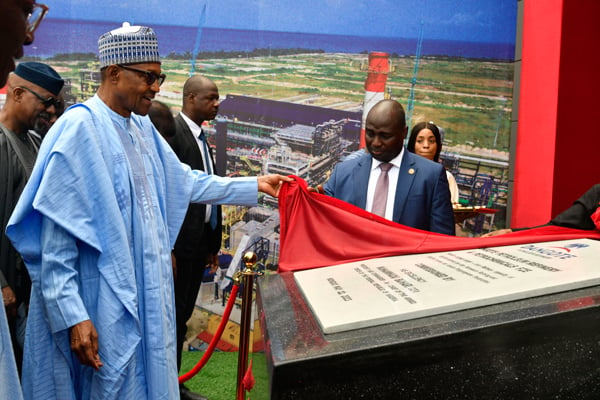Nigerian president names new security chiefs

The newly appointed military and security chiefs. Photo/Courtesy
What you need to know:
Tinubu, 71, took over from Muhammadu Buhari on May 29 following victory in elections in February whose results are being challenged in court by opposition parties
Nigerian President Bola Tinubu has appointed new military and security chiefs in the latest in a flurry of key decisions after being sworn in last month.
Tinubu, 71, took over from Muhammadu Buhari on May 29 following victory in elections in February whose results are being challenged in court by opposition parties.
Replacing key staff is common for new Nigerian presidents, but Tinubu had promised to make security a priority as the country grapples with violence in several regions.
A presidential statement issued late Monday said Tinubu made the appointments after sacking all the incumbent military service chiefs and advisers, as well as the national police chief and head of the customs service, "with immediate effect."
The new service chiefs include a former anti-corruption boss, Mallam Nuhu Ribadu, as national security adviser.
Major General C.G Musa, who was in charge of fighting a jihadist insurgency in the country's north, has been named chief of defence staff.
Kayode Egbetokun has been appointed acting inspector-general of the national police force
Last week, the president sacked the central bank governor, Godwin Emefiele, as well as the head of the anti-graft agency, to help consolidate his new administration.
Tinubu has also ended a long-running fuel subsidy, loosened currency controls and installed a new economic team.
Africa's largest economy faces high inflation, soaring debt, a weak currency and dwindling oil revenue.
Security is a major concern for Nigerians, who face a 14-year-old Islamist insurgency in the northeast, heavily armed criminal kidnap gangs in the northwest and separatist tensions in the southeast.





